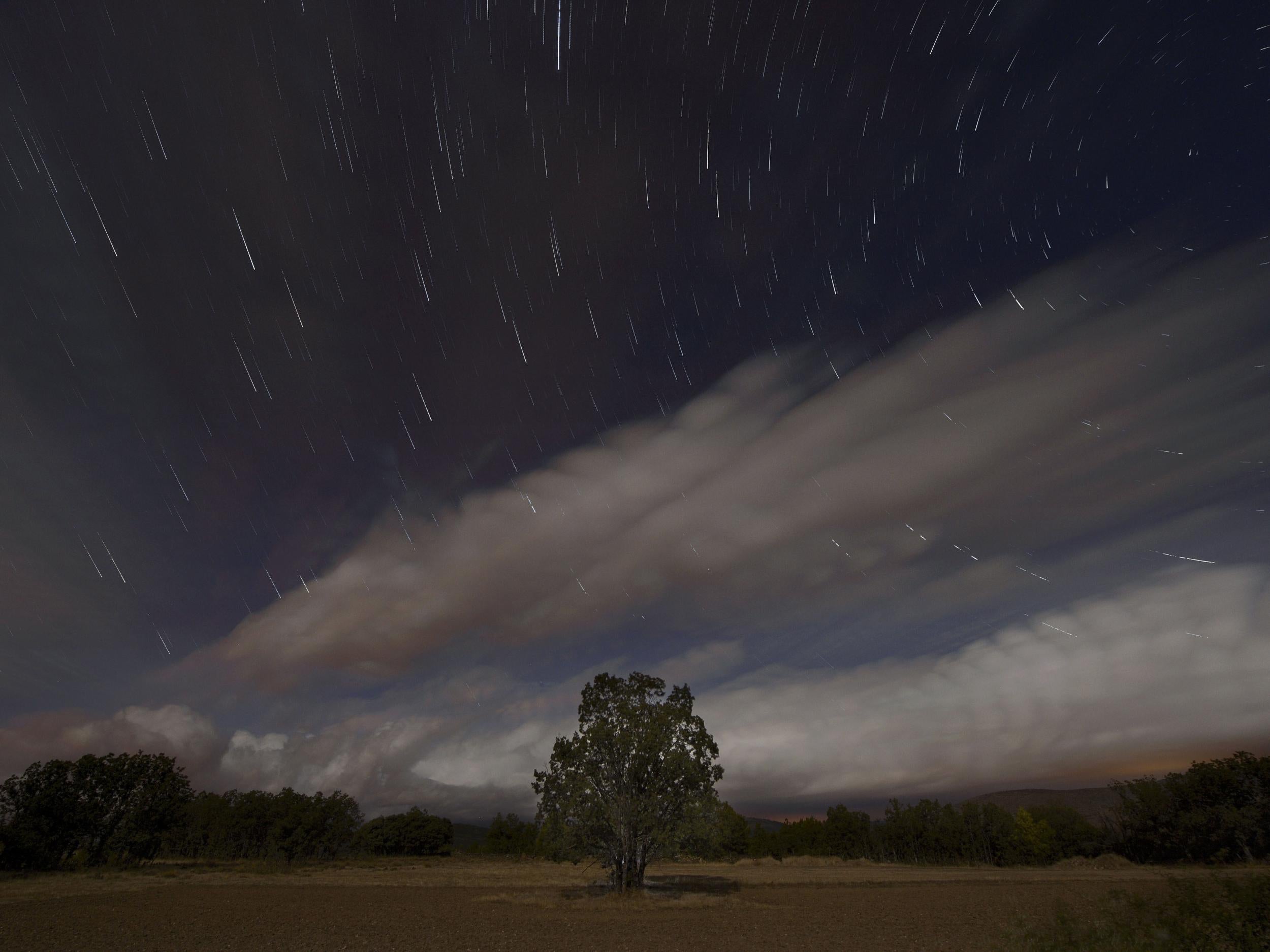The Independent's journalism is supported by our readers. When you purchase through links on our site, we may earn commission.
Proof DNA building blocks exist in space points to key role for meteorites in creation of life on Earth
Study adds weight to theory that space rocks brought ingredients for first life on planet

Your support helps us to tell the story
From reproductive rights to climate change to Big Tech, The Independent is on the ground when the story is developing. Whether it's investigating the financials of Elon Musk's pro-Trump PAC or producing our latest documentary, 'The A Word', which shines a light on the American women fighting for reproductive rights, we know how important it is to parse out the facts from the messaging.
At such a critical moment in US history, we need reporters on the ground. Your donation allows us to keep sending journalists to speak to both sides of the story.
The Independent is trusted by Americans across the entire political spectrum. And unlike many other quality news outlets, we choose not to lock Americans out of our reporting and analysis with paywalls. We believe quality journalism should be available to everyone, paid for by those who can afford it.
Your support makes all the difference.Crucial DNA components have been created by scientists under conditions just like those found on meteorites soaring through space.
In these extraterrestrial simulations, scientists managed to make 2-deoxyribose, the backbone of the double helix code for all life on Earth.
Tests conducted on real meteorites supported this work, revealing for the first time the presence of an array of sugars derived from DNA, as well as other building blocks of life.
These substances add to a growing list of vital biological compounds found on space rocks, suggesting life on Earth may have been seeded by comets, meteorites or particles of space dust.
To simulate the conditions found in space, Nasa scientist Dr Michel Nuevo and his team created mixtures of ice containing water and methanol and blasted them with UV radiation.
The findings add to over 25 years of laboratory experiments that have shown how recreating the conditions of space can yield the building blocks of biology.
“Though terrestrial processes must also have contributed to the emergence of life on our planet over 3.8 billion years ago, those meteoritic organics were available and may have played a role in the first biological processes,” the authors concluded.
Their results were published in the scientific journal Nature Communications.
The Earth was steadily bombarded with space rocks for the first several hundred million years of its existence.
Many scientists think this phase brought at least some of the compounds to Earth that were necessary for life to emerge.
Among the substances that have been thrown up by past experiments are nucleobases, molecules that store and transmit genetic information.
However, the Nasa team’s experiment is the first to produce the sugars that form the scaffold for these components in life’s genetic code.
Though the scientists could not definitively confirm the presence of 2-deoxyribose on the actual meteorite samples they tested, they suggested larger meteorite samples may reveal its presence in space.
In particular, insights can be gained by studying carbonaceous chondrites – rare objects that comprise only a tiny number of all known meteorites, and which date back to the earliest days of the solar system.
As the formation of biological molecules in space is thought to be a universal phenomenon, they concluded the components of life could have been delivered to other planets in the same way.
These ideas are distinct from the more extreme, and less mainstream, concept of panspermia, which holds that actual life-forms – probably in the form of microbes – were originally delivered to Earth from space by meteorites.
Join our commenting forum
Join thought-provoking conversations, follow other Independent readers and see their replies
Comments